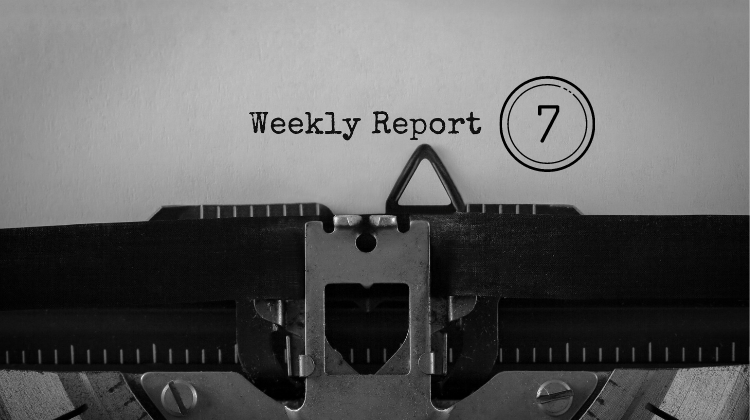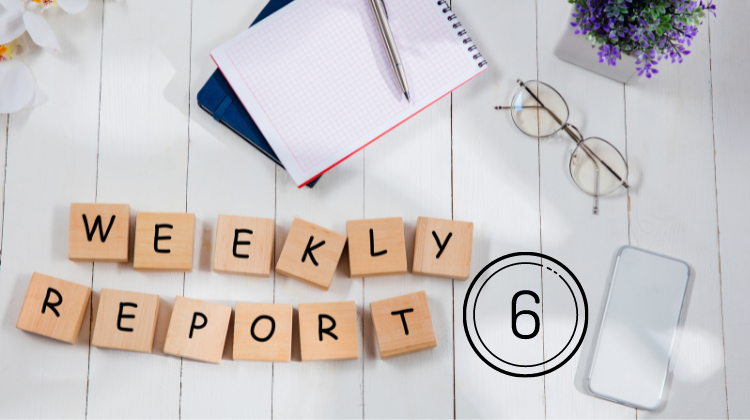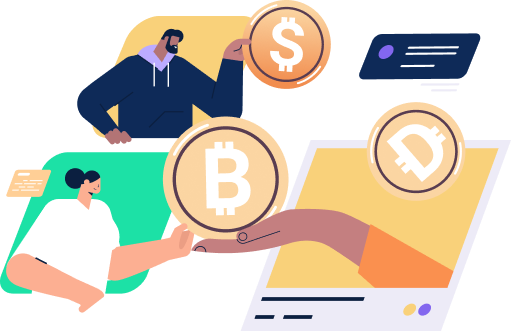Unmasking The Blockchain Validator: Decoding The Secret Keeper Of Efficiency
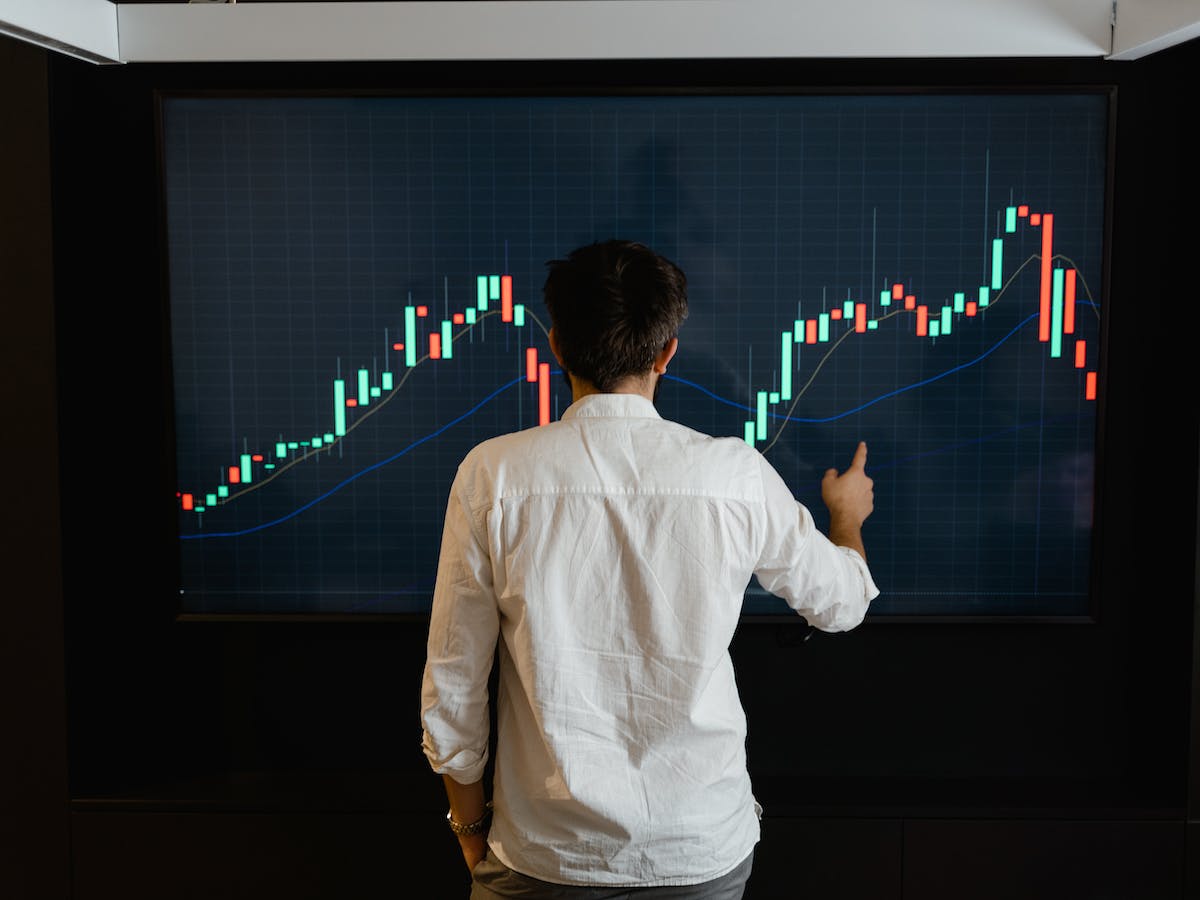
Validators are considered to be the responsible and influential part of blockchain in protecting the security and maintaining the operation of the network. So, what are validators? Why are they assigned to important tasks in the blockchain network? Learn detailed information about validators through the following article.
What Is Validator?
Validators are individuals or organizations that participate in a blockchain network using the Proof of Stake (PoS) mechanism. They are responsible for verifying new transactions. This means that validators must check the validity of blockchain transactions according to the rules of the network and ensure that the sender has enough money to make the transaction. In addition to verifying transactions, validators play an important role in maintaining the security of the network by monitoring the blockchain for suspicious activity.
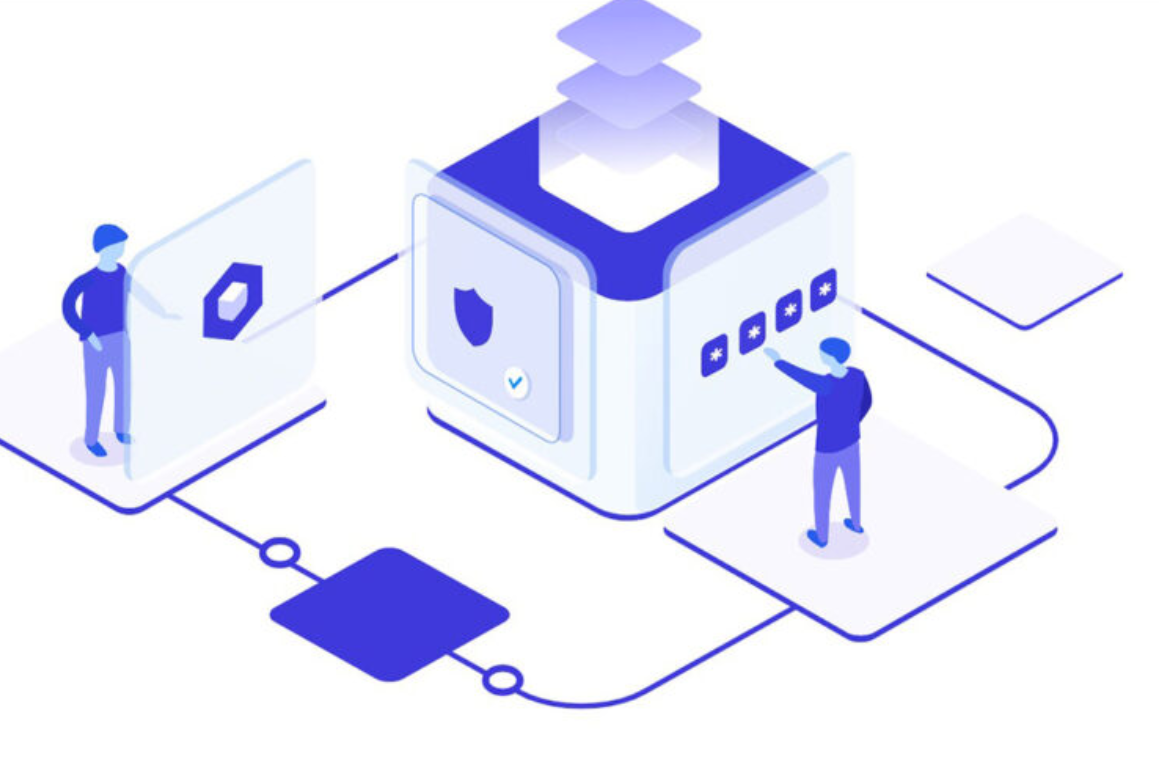
To become a validator, a network participant must stake a specific amount of cryptocurrency for each network. This amount acts as collateral, ensuring their honesty. Validators are selected by the network based on the time and amount of money that the person stakes. If the time and amount of money staked is more, then the chance of being selected as a validator will be higher. Validators must comply with the rules set by the network, as their staked money in the network may be reduced if they commit violations.
Validators can participate in consensus mechanisms on blockchain networks using Proof of Stake (PoS) or Proof of Authority (PoA) algorithms. Popular networks employing PoS consensus mechanisms include Ethereum 2.0, Cardano, Polkadot, Solana, and Avalanche. Meanwhile, VeChain and POA Network use PoA, allowing Validators to engage in transaction validation and consensus across various blockchain networks.
The Mechanism Of Validator
The mechanism of validators is very complex and only for those who are really professional, so we can understand the mechanism in a simple way as follows:
- Receive transactions from the mempool
Priority sorting: Validators select transactions from the mempool based on the fee mechanism, particularly prioritizing transactions with higher fees.
- Validate the legitimacy of transactions
Rule checking: Validators verify the validity of transactions by using the rules and algorithms available in the blockchain’s source code.
- Packing transactions and forming a block
Packaging transactions into a block: If the transactions pass the verification, the Validator packs them into a new block.
Creating digital signatures: The Validator generates digital signatures for the newly created block.”
- Broadcast the block on the network
Synchronization: The Validator sends the new block to all other Validators to synchronize information and integrate the block into the blockchain.
- Earn rewards
Reward computation: Validators receive rewards from transaction fees within the newly created block, incentivizing contribution and maintaining the security of the blockchain system.
Why Validators Are Important To Blockchain?
Validators play an undeniable role in maintaining and operating blockchain networks, which are complex systems that require high consensus and integrity. Here are some reasons why the role of validators becomes important:
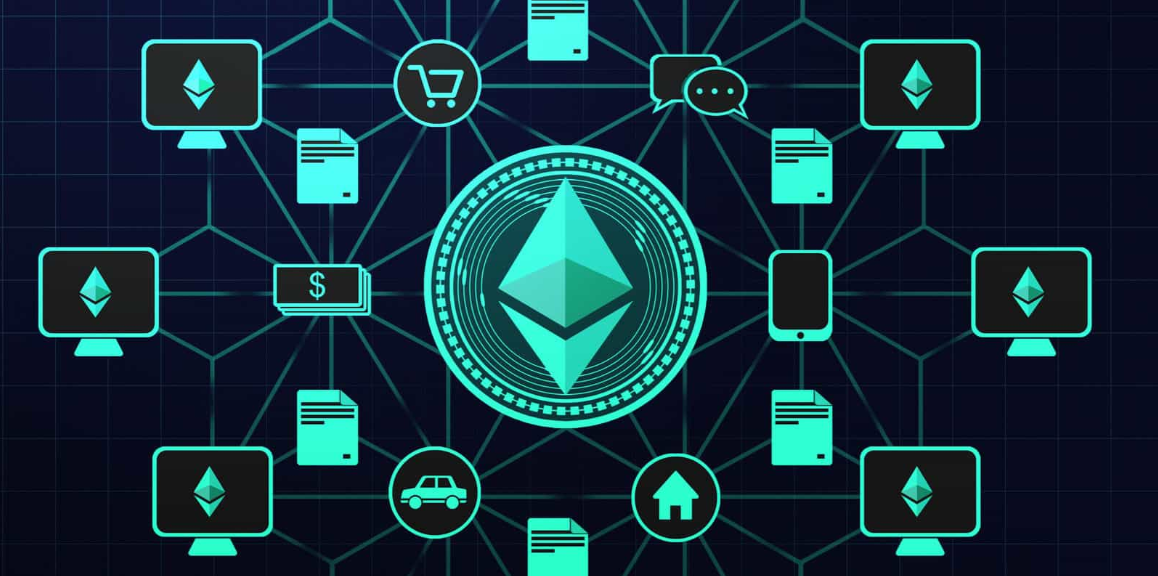
Responsible for verifying the validity of transactions. During this process, they must check and ensure that the transactions comply with the rules and protocols of the blockchain network. If a transaction is invalid, validators reject them to maintain the integrity of the system.
Propose and create new blocks, aggregating a number of valid transactions and proposing that block to other validators in the network. This process not only keeps the flow of transactions going but also contributes to the decentralization of the blockchain network.
Take on an important responsibility in maintaining security. They prevent fraudulent transactions such as double spending, keeping the network safe and reliable.
Help ensure decentralization in the network. With a large number of validators operating simultaneously and controlling each other, fairness and decentralization are maintained. The number of validators required also depends on the specific rules of the blockchain.
Participate in network governance by having voting rights on proposals within the blockchain. This not only reflects democratic principles but also helps shape decisions regarding changes within the blockchain system. A validator’s contribution not only strengthens the network’s operations but also keeps it flexible and adaptable to technological advancements and community needs.
Advantages & Disadvantages Of Becoming A Validator
Advantages
- Processing fees: In certain blockchain systems, becoming a Validator generates profits from the processing fees of each transaction they validate. This creates an opportunity to earn money by maintaining keys and contributing to the system’s development.\
- Community involvement: Some blockchain systems have a Validator community where members can exchange ideas, share experiences, and support each other in maintaining keys and developing the system.
- Knowledge and skills: Becoming a Validator requires knowledge and skills in blockchain and cybersecurity. Engaging with the system not only helps you grow but also enhances and refines these skills.
- Administrative authority: Validators have voting rights over network proposals, enhancing their governance power within the community.
Disadvantages
Token price volatility: The biggest risk is the decrease in the price of staked tokens, and withdrawing these tokens from the network takes time, making it challenging for Validators to easily exit their position at the current price.
Security risk: Despite the blockchain network’s consensus involvement from numerous Validators worldwide, there remains a rare but potential risk of attacks leading to loss of assets for participants.
Technical issues: Technical problems can arise, especially during upgrades to new versions, leading to bugs, creating side products, and causing congestion during operations.
Legal and regulatory: In the evolving landscape of cryptocurrency and blockchain regulations, becoming a Validator may carry legal and compliance risks.
Summary
In this article, we have discussed the important role of validators in blockchain systems. A solid understanding of these factors will be key to participating actively and effectively in the blockchain community, while also helping people feel more confident in the process of leveraging and shaping the future of cryptocurrency technology. If you want to become a validator to generate profits, be sure to follow the articles on CoinNerd.
READ MORE NEWS ON
Bitcoin | Inflation Deflation Deflation Inflation Cryptocurrencies
* We hope this information will help you in your investment process, but this is not investment advice. Every investment carries risk, especially in this industry, so DYOR before making a decision.



